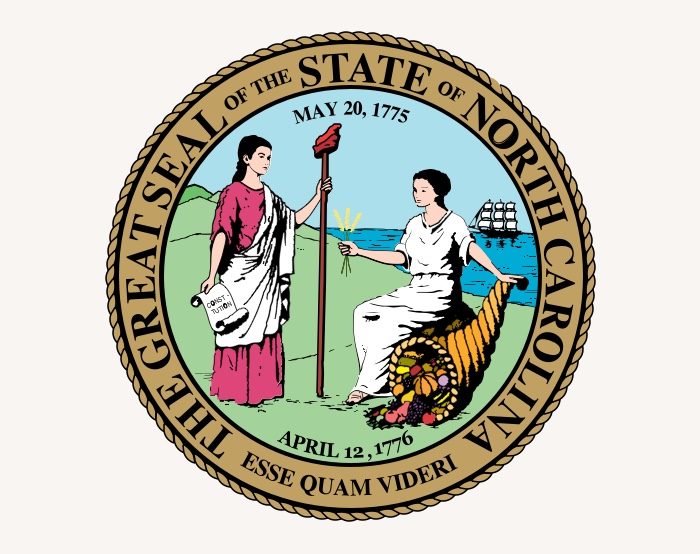On February 14, 2023, the 118th Congress held its first hearing on cryptocurrency following the volatile events of 2022. Several issues were discussed, including the proper regulatory authority, property rights, financial stability, regulating without inhibiting innovation, amongst others. These issues are discussed in detail below. Upcoming client alerts will discuss summaries of the introduced bills from the 117th Congress to provide a comprehensive picture of what has been contemplated regarding digital asset legislation.
Who is the Proper Regulator?
In his testimony, Mr. Lee Reiners[1] made several recommendations to Congress concerning the proper regulatory authorities for digital assets. These recommendations included: (1) closing the CFTC’s regulatory gap over commodity spot markets; (2) carving out cryptocurrency from the definition of commodity and recognizing cryptocurrencies as securities under a special definition to the securities laws; (3) granting the SEC authority to regulate stablecoins as money market mutual funds with strict reserve and disclosure requirements, amongst others. Additionally, if Congress does not want to award the SEC with sole jurisdiction, Mr. Reiners recommended imposing consumer protection requirements and awarding joint rulemaking authority to the SEC and CFTC. Conversely, Professor Linda Jeng[2] expressed concerns over granting the SEC jurisdiction of cryptocurrency. She stated cryptocurrency functions similarly to a medium of exchange. When transacting, it is free of other claims of interest or title, similar to transacting in cash. Placing it under the SEC’s jurisdiction would be problematic for this manner of transacting. Professor Yesha Yadav[3] asserted the focus should be on regulation of cryptocurrency exchanges. She suggested these exchanges adopt a self-regulatory organization structure to complement future rulemaking.
Ownership and Property Rights
Another topic discussed was ownership and property rights for digital assets. Professor Yadav expressed concern regarding the current lack of instruction concerning custody and property rights. Using the FTX bankruptcy as an example, she stated the customers in that case are likely to become unsecured creditors. The court is facing the consequence of lacking legislative instruction, and the decisions regarding property rights and custody are being decided by bankruptcy courts instead of digital asset experts. Professor Jeng later elaborated on the importance of requiring white papers to disclose how tokens are created, custody rules, and explanations about who holds private keys in a custody arrangement.
Financial Stability
Financial stability was a significant focus of the hearing. Two issues discussed were the interconnectedness between cryptocurrency and traditional markets, and the consequences of creating a bifurcated financial system. Regarding the first issue, Mr. Reiners stated the lack of contagion to traditional markets in the events of 2022 were due to a minimal overlap between traditional and cryptocurrency markets. However, he stated cryptocurrency entities are working to increase this overlap. Professor Jeng elaborated on the second point, explaining regulatory uncertainty will lead to market uncertainty. Cryptocurrency firms will shift to jurisdictions with clearer regulatory certainty or into “shadow banking.” In either case, this could cause a bifurcated market and diminish regulators’ abilities to maintain control over the economic system.
Regulate, but Encourage Innovation
A question on many Senators’ minds during the hearing was how to regulate effectively without disincentivizing innovation. Professor Jeng advocated for clear consumer protection, consumer rights, and consumer empowerment. Additionally, she stated it is important to create and maintain open and interoperable standards for blockchain technology to prevent monopolies moving forward. The basic guardrails needed for regulation are consumer and investor protection and clear legal rights for digital asset ownership. She further emphasized the importance of clear regulation created with the assistance of public feedback. Usage of the formal rulemaking process is important, instead of solely operating under a “regulation by enforcement” method.
Upcoming Legislation
Throughout the hearing, three Senators referenced potential upcoming legislation. Senator Tillis referred to a proof of reserves bill being drafted by his office. The witnesses advised that third-party independent audits may be a more worthwhile methodology, but to ensure that any approach taken must be clear and comprehensive. Senator Warren announced the re-introduction of her bill from the previous Congress to combat money laundering. Senator Hagerty referenced a bill he introduced last year on stablecoins but did not explicitly announce a re-introduction.
[1] Mr. Lee Reiners is the Policy Director of the Duke Financial Economics Center.
[2] Professor Linda Jeng is a Visiting Scholar on Financial Technology and Adjunct Professor of Law with the Institute of International Economic Law at Georgetown University Law Center.
[3] Professor Yesha Yadav is Milton R. Underwood Chair, Professor of Law, and Associate Dean at Vanderbilt Law School.


